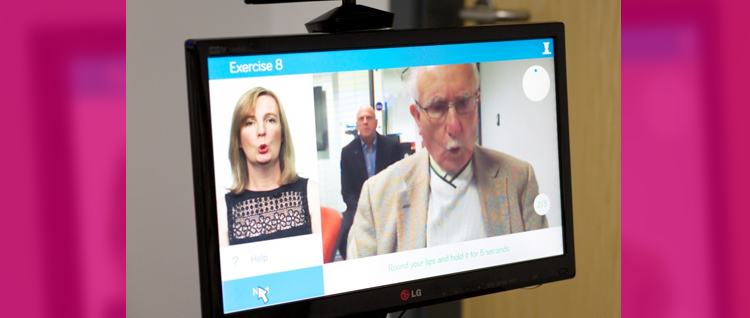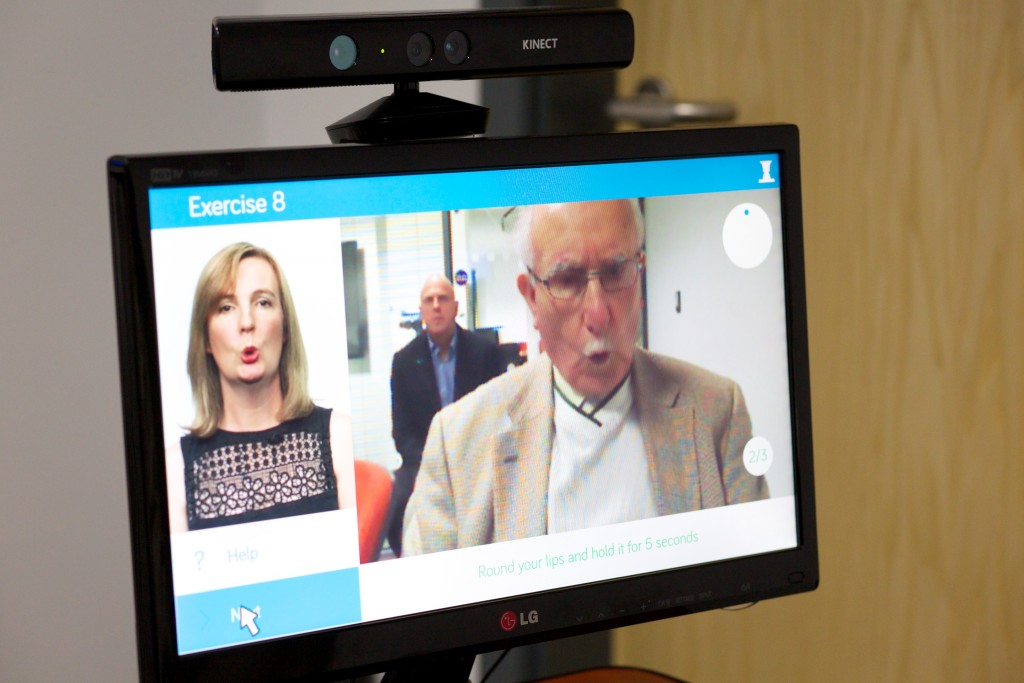Nottingham Trent University


![]()

Researchers at Nottingham Trent University have developed a new ‘serious games’ approach to rehabilitation that is helping patients overcome the effects of stroke and other disabilities.
Many people who suffer a stroke are affected by the loss of functions including memory or muscle control. Stroke rehabilitation is a critical part of recovering from a stroke to regain some, if not all, of those lost functions and help survivors regain their confidence, well-being and quality of life.
Researchers from the Interactive Systems Research Group (ISRG) at Nottingham Trent University have developed a new approach to rehabilitation that has resulted in significant improvements for patients. Trial results from a series of ‘serious games’ and related interactive technology for stroke rehabilitation demonstrated important improvements to patients’ upper limb functions, including a significant increase in grip strength.
As well as helping stroke victims, the researchers have applied their interactive technology research to other areas, in particular to help people with disabilities. As a testing partner on the EU-funded project AEGIS exploring the interactions between knowledge, economic growth and social well-being, they explored how to make web content and web applications more accessible to people with disabilities, and increase the potential for them to be part of the workforce again.
Crucial to the development of their ‘serious games’ are user-sensitive design methods. These methods were also employed by the group in their research at Oak Field School and Sports College, a school for children with disabilities. This led to an ‘immeasurable’ impact on self-esteem, expectations and hope among learners and their families. They also engaged more than 1,500 people in the EU-funded GOAL partnership project to find solutions to the transport needs of an ageing society.
Finally the team’s research into developing interactive serious games to improve the employment skills of people with disabilities has, in turn, had a major influence on the way practitioners conduct their own vocational training – particularly the nearly 10,000 professionals and 1,500 trainees on the GOAL project. They have also spread the word to a further 7,500 professionals and trainees on another EU funded project, GOET, which supports people with learning disabilities in getting and keeping a job.




